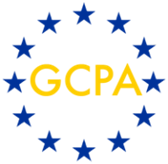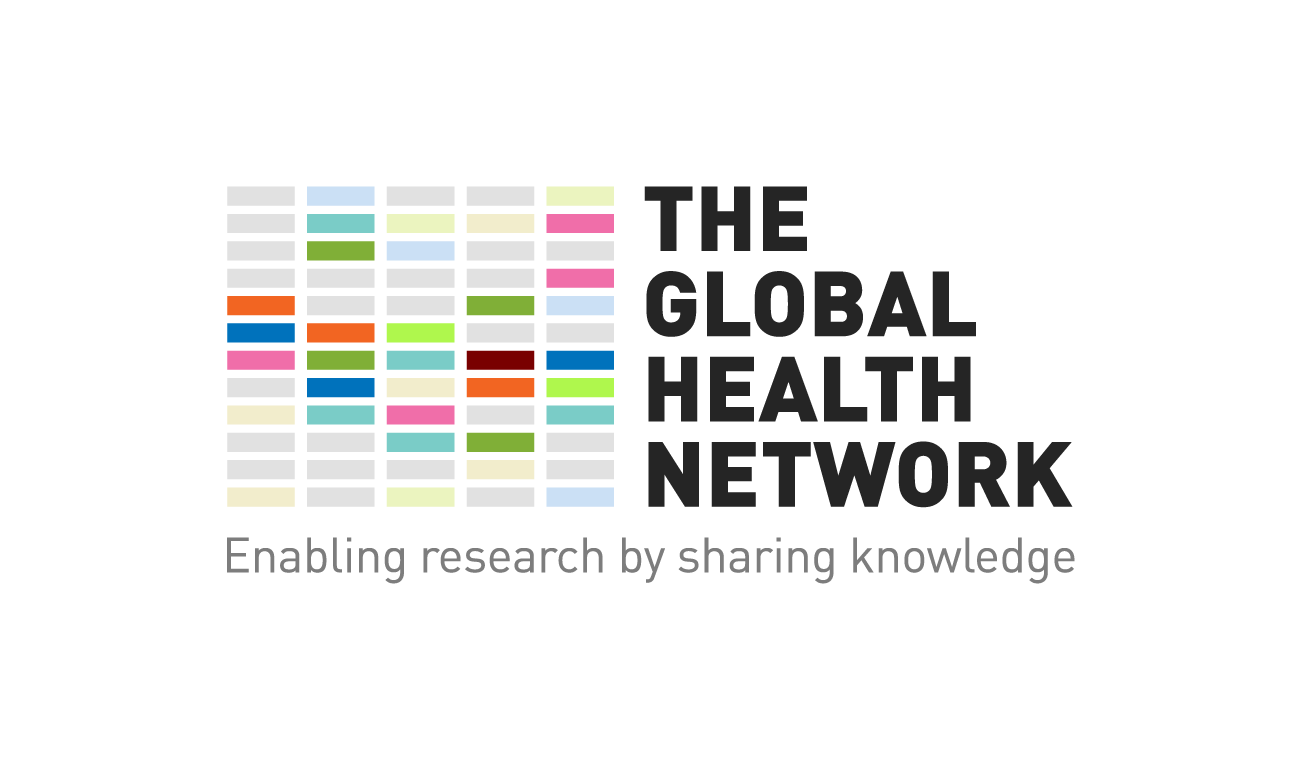
Developing a Policy Statement and Recommendations for Pakistan’s Ethics Review Framework and IRBs in Support of Public Health Emergency Preparedness and Response
Objectives
A depth inquiry of the local context and current structures and practices and the way the NBC-REC and local IRBs responded to the pressures of COVID-19 was done. Evidence was analyzed to identify key insights, and evidence-based recommendations to develop policy and guidance were made. Action on these recommendations can be used to create an operational framework for a national and local approach to ethics review during a public health emergency, aiming to strengthen the preparedness and response to any future PHE.
Methods
The report follows an in-depth inquiry run by the core team, who benefited from the evidence and experience shared by many contributors across the globe. Contributions were made through literature review, workshops, survey, learning conversations, and critique of early drafts of the policy brief and other outputs of this research (NBC-600 / COVID-61). Following evidence gathering exercise mentioned above, identification of recurrent themes was done. Findings were summarized under thematic headings and the information was tabulated.
Participants
This inquiry followed participatory, collaborative, and interactive principles among the core team and other contributors. The core team, mainly consisted of health care professionals, researchers, and IRB professionals. Key stakeholders and policy leaders engaged in ethics review in Pakistan were identified and invited to contribute to evidence-gathering activities. Emerging guidance during COVID-19 was consulted, and it was further benefitted by an international advisory board to help understand relevant regional and global developments.
Scoping review of literature
Considering national literature can provide an insight of the development of a certain topic, we carried out first systematic scoping review of its kind to the best of our knowledge. We mapped literature (PubMed, WHO Global Index Medicus, and Summons) on the ethics review framework in Pakistan (Table 1) to identify key insights during normal times (non-PHE) and PHEs and assimilated the “knowledge gaps” related to ethics review system in Pakistan, from January 2005 up to February 2022 to allow to include the studies done during past public health emergencies (PHEs) affecting Pakistan as well as current COVID-19 PHE. (14). Overall, there is a dearth of published literature on ethics review in Pakistan generally and specifically research ethics, as reported earlier as well (15). Lapses in the practices of IRBs across Pakistan, lack of governance structure and shortage of trained personnel serving on IRBs are well publicized themes. Years of studies calling for regulatory and policy reforms without any significant action.
National workshop
Learning from the emerging trends in the literature review, workshop titled, “Ethics review in Pakistan during COVID-19: Challenges and lessons learned” was designed inviting key stakeholders to present situational summaries, aiming to generate the discussions among participants which included IRB members, chairs, administrators, and researchers. It aimed to examine the country’s experience during the COVID-19 pandemic thus far and to examine the possibilities for a more coordinated and efficient review system in Pakistan (16). Participants agreed that well considered and context specific harmonization in ethics review practices and strong governance structure is needed, though an over regulation can stifle research.
|
|
Ethics Review in Pakistan During COVID-19: A situational analysis23/02/2021 The present COVID-19 pandemic as well as past public health emergencies (PHEs) affecting Pakistan (e.g. the 2005 Kashmir earthquake, the 2010 floods) have demonstrated the need for ethics committees (IRBs) to be able to review proposals for health interventions urgently and with competence to relieve the health effects of the PHE while also maintaining normal operations. This workshop is carried out to respond to the need to analyse the preparedness and response of ethics committees (ethical review framework and process) in Pakistan for conducting ethics review of COVID-19 research and to better prepare for, and respond to, future PHEs. |
Survey of IRBs
Using the learning from emerging trends, the survey (Ethics review of COVID-19 Research during Public Health Emergencies (PHEs); Preparedness and Response Survey (surveymonkey.com) analyzed the preparedness and response of IRBs and ethical review framework in Pakistan for conducting ethics review of COVID-19 research. The target respondents for the survey were personnel associated with IRBs producing high volumes of clinical research output in Pakistan and were involved in review of international clinical trials related to COVID-19. With 22 responses, majority did not receive special training for reviewing applications during the COVID-19, no guidelines or standard operating procedures (SOPs) in place for reviewing COVID-19 vaccine trials, faced challenges while reviewing these research proposals, and felt pressure from sponsors, investigators, the community, or another organisation regarding their review and possible approval or disapproval of a COVID-19 trial.



